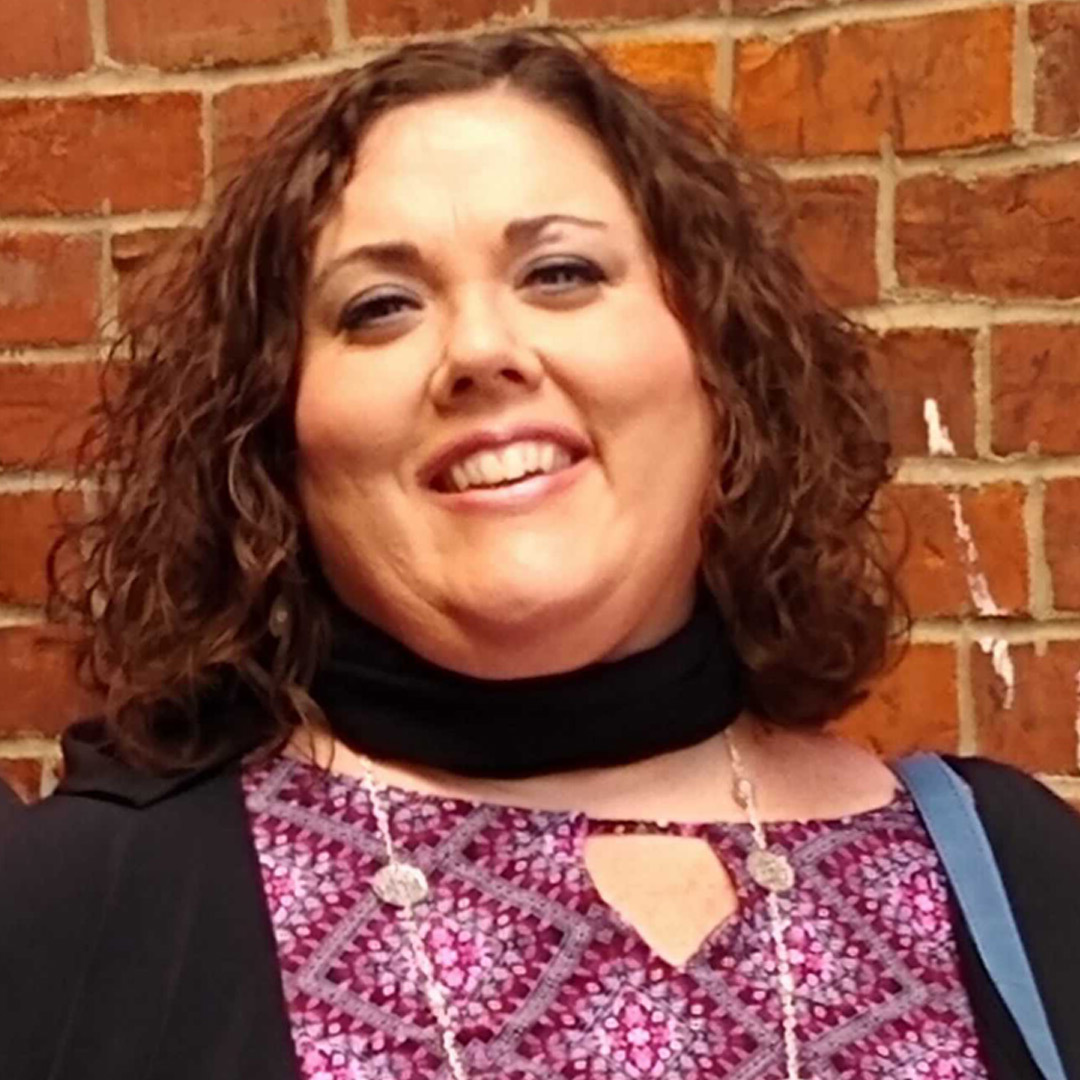


Loretta S. is a mom of two and wife who lives in Kentucky. In 2017, she became a caregiver for her husband, Rob, who was diagnosed with bladder cancer at the age of 49. They traveled to City of Hope Chicago, to undergo treatment. Loretta shares what she learned along the way that she feels all caregivers should know.